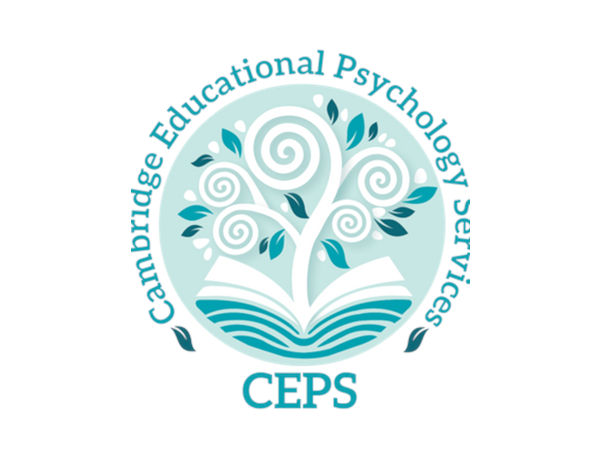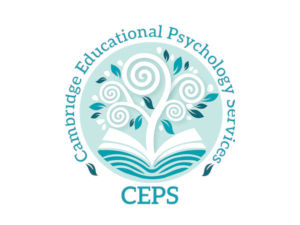


A clear path forward when learning feels hard
When your child is struggling with learning or school is becoming a daily challenge, it can be hard to know what to do next. Maybe you’ve heard concerns from their teacher, or perhaps you’ve noticed your child feeling anxious, frustrated or disconnected.
Cambridge Educational Psychology Services (CEPS) offers calm, caring and practical support to help you understand what’s going on. Their team takes the time to get to know your child and works with you and the school to find the best way forward.
Based in the Waikato, CEPS works with children aged 6 to 16. They offer assessments and support that look at the whole child, how they learn, how they think and how they’re feeling, so that everyone around them can understand what they need to succeed.

Who they are
The service is led by Emma Harper, a registered Educational and Developmental Psychologist with a background in nursing and personal experience as a parent and a neurodivergent learner. Emma and her team genuinely understand the ups and downs that can come with learning challenges and are focused on making families feel supported, informed and hopeful.
CEPS is inclusive and values every child’s uniqueness. They proudly support children and families from all walks of life and are a rainbow-friendly, neurodivergent-affirming, female-led team.
What they do
The CEPS team provides a wide range of services, including:
- Cognitive and educational assessments to identify learning needs
- Support for dyslexia, dysgraphia, dyscalculia and processing differences
- Understanding giftedness, twice-exceptional learners and motivation issues
- Support for children with intellectual disabilities or learning-related anxiety
- Special Assessment Conditions (SAC) for NCEA, CIE and IB exams
- Practical recommendations that can be shared with schools and teachers
- Therapeutic support for children who need a little more emotional care
CEPS also helps families who are unsure whether their child is making expected progress or whether more support is needed at school. Their team provides reports that are clear, kind and easy to understand, helping families and schools work together with the same information.
How they help
Everything at CEPS starts with understanding your child. That means looking at their strengths as well as the areas they are finding tough. Their process is gentle and respectful and focuses on working together with the people who know your child best, you, their teachers and anyone else in their support network.
Once they’ve spent time with your child, the CEPS team will provide practical next steps that can be used at home and school. These might include teaching strategies, exam supports, classroom adjustments or emotional support plans. Everything is designed to help your child feel confident and capable in their learning.
Families often say they finally feel like they understand what’s going on, and schools are relieved to have a clear, kind plan to work from.
When to reach out
If school is becoming a struggle, if your child is feeling anxious or avoiding learning, or if you’re just not sure what’s going on, CEPS can help. Their team is here to support you with answers, care and a clear direction.
Ready to understand what’s really going on and how to help your child thrive? Get in touch with CEPS today.
Services
- Cognitive and educational assessments
- Dyslexia, dysgraphia and dyscalculia support
- Identification of processing differences
- Support for giftedness and twice-exceptional learners
- Assessments for low learning motivation
- Support for anxiety related to learning
- Assessment and support for intellectual disabilities
- Special Assessment Conditions (SAC) for NCEA, CIE and IB exams
Services
- Cognitive and educational assessments
- Dyslexia, dysgraphia and dyscalculia support
- Identification of processing differences
- Support for giftedness and twice-exceptional learners
- Assessments for low learning motivation
- Support for anxiety related to learning
- Assessment and support for intellectual disabilities
- Special Assessment Conditions (SAC) for NCEA, CIE and IB exams



